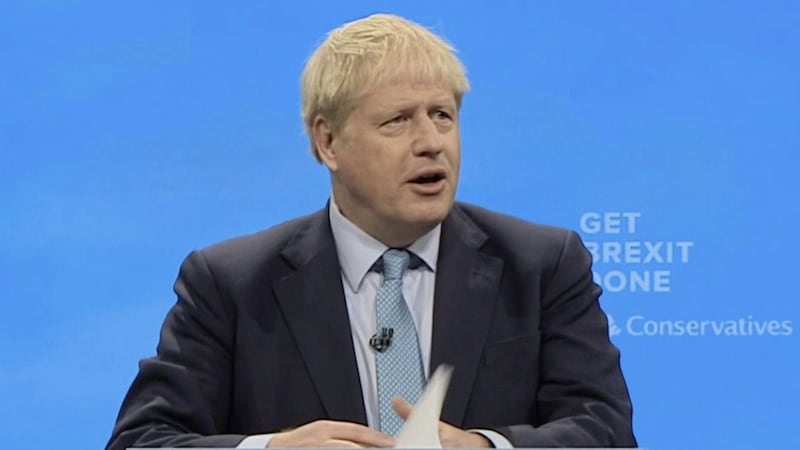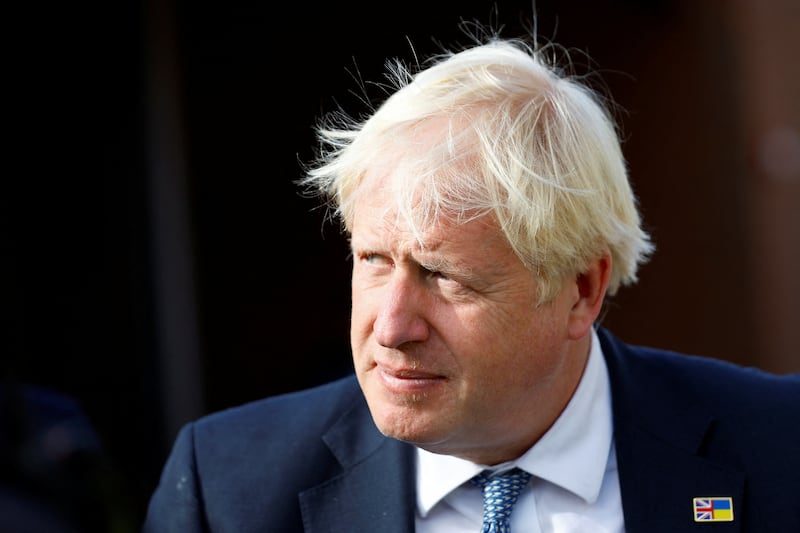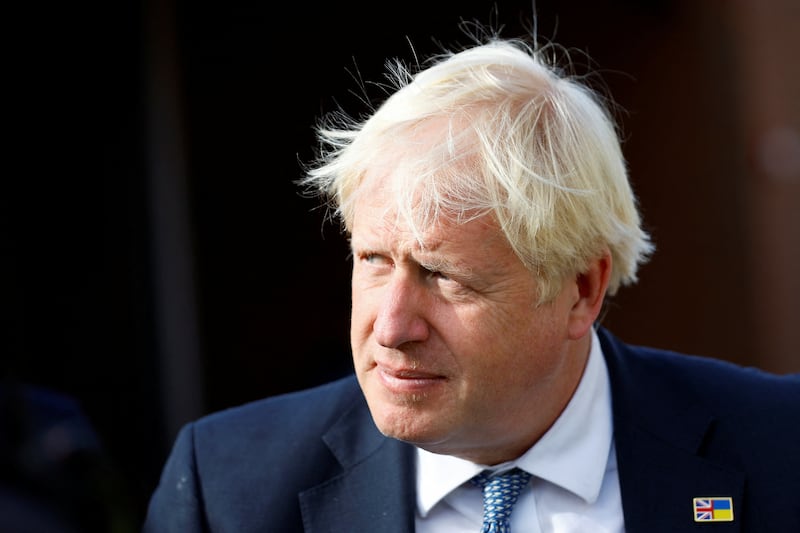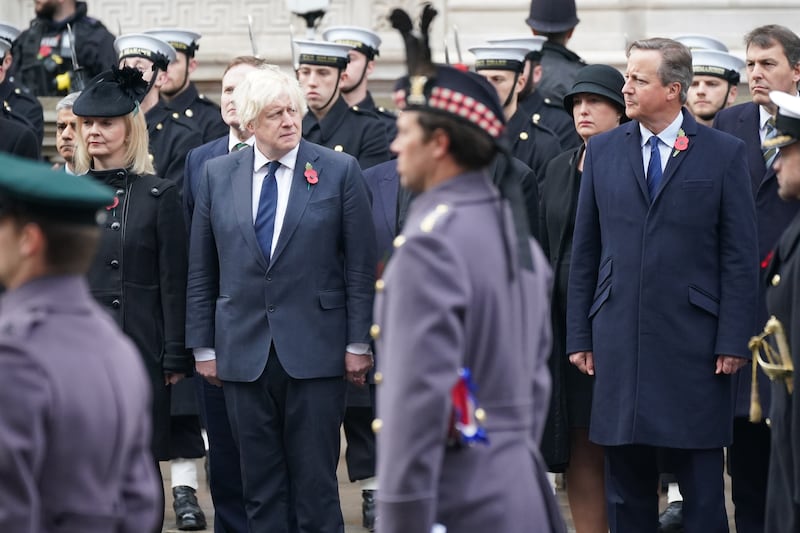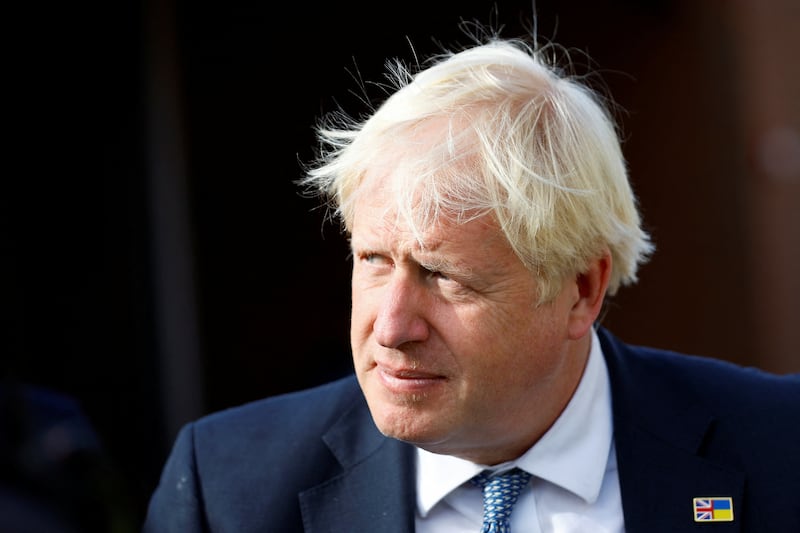THE DUP's response to Boris Johnson's Brexit proposals came almost immediately after their publication.
The party gave a cautious endorsement to what is being tabled, which is understandable given that senior personnel were said to be closely involved in drafting the revised plan.
Arlene Foster's party has climbed down in so far as what is being proposed would mean checks on goods moving east to west – a regulatory border in the Irish Sea – but it has managed to convince the Tories to include a so-called Stormont lock.
The tone of the DUP statement suggested what is being proposed by Downing Street signals the opening of negotiations rather than a series of red lines, an acknowledgement perhaps that there are many more significant players in the Brexit drama and what's in Boris Johnson's letter to Jean-Claude Juncker falls well short of what's needed to seal a deal with the EU.
The north's business bodies unanimously dismissed the letter's contents, believing what was being offered will gravely inhibit competitiveness.
The nature and extent of proposed customs checks remains vague but even in their most discreet form they would still represent a hardening of the border, a notion that's anathema not only to the Irish government and EU but also to those who trade across the island.
It seems the disconnect between DUP and what is supposed to be one of its key constituencies remains glaring, Mrs Foster & co's attachment to what they describe as "constitutional integrity" blinding their foresight and impeding their ability to be pragmatic.
Meanwhile, the notion that Stormont could decide on the implementation and duration of EU alignment is risible for numerous reasons, the most obvious being its current dormancy but also the historic abuses of the petition of concern, where the DUP was often shameless in its deployment of the cross-community veto, together with the prospect of a situation similar to what's currently happening at Westminster with a constant cycle of Brexit-related rancour – something any restored assembly could well do without.
It's a given that the EU will reject the proposals but the manner of the dismissal will be crucial, given that the alternative is likely a no deal.
The response from the main players last night was measured, suggesting every aspect of the Johnson letter won't immediately be ditched but clearly much of what's proposed will need to undergo major modifications if it's to prove acceptable.
The manoeuvrings in Brussels and London over the coming days will prove intriguing, giving an indication of the true direction of travel.
It appears the Tories have bent the DUP as far as they can, so may be forced to choose whether to stand by their confidence and supply partners or finally cut them loose in a bid to finally break free of the EU.
Westminster's opposition parties are also poised to ensure the Benn Act is adhered to.
Boris Johnson would no doubt argue that his proposals show he is sincere in his desire to secure a deal, whatever others say. How sincere he is about leaving the EU "come what may" on October 31 will become apparent very soon.
